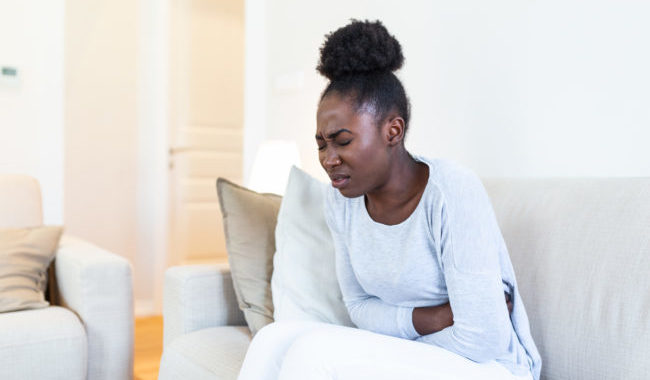Interstitial Cystitis

If you suffer from chronic pelvic pain or require frequent and urgent trips to the bathroom, we provide advanced interstitial cystitis treatments that offer you relief and give you a better quality of life. At the first sign of new or unusual urinary symptoms, contact us to schedule an appointment.

Questions and Answers
What is Interstitial Cystitis?
Interstitial cystitis is a medical condition that can cause bladder pain and pressure. It’s one of the diseases that make up painful bladder syndrome, and it often leads to frequent and urgent urination. Interstitial cystitis can reduce your quality of life if it’s left untreated.
What are the Symptoms of Interstitial Cystitis?
Some common signs and symptoms of interstitial cystitis to watch out for include:
- Pelvic pain
- Frequent urination
- An urgent need to urinate
- Bladder discomfort
- Pain with sexual intercourse
Symptoms of interstitial cystitis vary from person to person. They might flare up during menstruation in women, with exercise or stress, or when you sit for long time periods.
What are the Risk Factors for Interstitial Cystitis?
The cause of interstitial cystitis isn’t entirely clear and anybody can develop the condition. Certain factors increase your risk, such as being a woman, genetics, having fair skin, older age, or having a pain disorder. Complications associated with untreated interstitial cystitis include reduced bladder capacity, sexual intimacy problems, emotional stress, and even depression.
How is Interstitial Cystitis Diagnosed?
To find out if you have interstitial cystitis, Dr. Brown and his team review your medical history and symptoms. They will complete a physical examination, including a pelvic exam, and they might recommend specialized diagnostic tests. Examples include urine tests, biopsies, cystoscopy to view the inside of your bladder, and bladder function tests.

How is Interstitial Cystitis Treated?
Your personalized interstitial cystitis treatment plan might include the following:
- Medications: Oral medications or medicines instilled into your bladder can improve unpleasant symptoms associated with interstitial cystitis. We’ll let you know which medications, if any, are right for you.
- Physical Therapy: Physical therapy exercises can relieve pain and tenderness in your pelvic area to give you a better quality of life.
- Sacral Neuromodulation Therapy: Sacral nerve stimulation using Axonics® or InterStim™ is a treatment that gently stimulates nerves that control bladder function, to decrease urinary urgency and other unpleasant symptoms of interstitial cystitis.
- Bladder Distention: Using cystoscopy, Dr. Brown can stretch your bladder with water to reduce unpleasant symptoms and give you a better quality of life.
You don’t need to live with chronic pain or urinary problems when simple treatments can offer you relief.
If you have further questions or are experiencing symptoms of a pelvic floor disorder, call us or schedule an appointment today.







